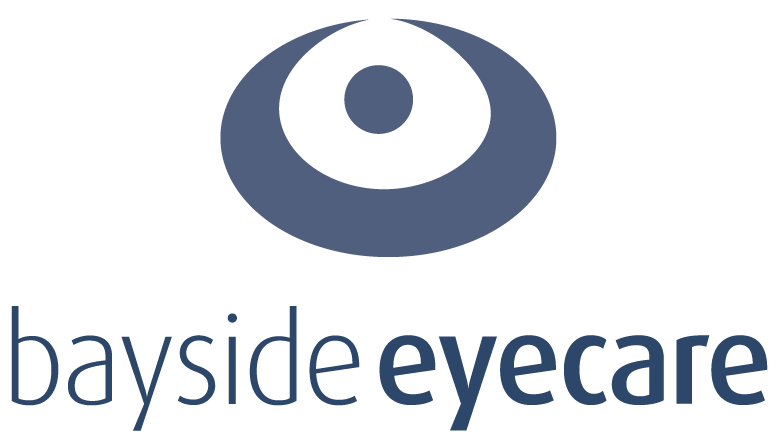
Everyone knows that glasses enable us to finally see clearly again. Together with the right spectacle lenses, glasses correct our visual impairments. But did you know that glasses can do even more to improve a person’s wellbeing?
Here are our 10 most important wellness facts – at a glance:
1. Defective vision might be the cause of your headaches
Some people suffer from headaches for years and don’t know why. Quite often the cause of these headaches can be traced back to defective or uncorrected vision and to the subsequent eyestrain.
2. Not looking at the screen optimally can lead to back and shoulder pain
A long day at work in front of the computer screen can lead to back, neck or shoulder pain. This is caused by you not looking at your screen optimally while trying to see it clearly which create eye strain.
3. Light pair of glasses are ideal
Heavy glasses which press down on your nose or behind your ears should really be a thing of the past. Perhaps it’s time to finally invest in a light pair of frames with thin, cutting-edge lenses.
4. Self-tinting lenses might be the right solution for your everyday comfort
Many spectacle wearers tire of constantly switching between their every day glasses and sunglasses. It’s no fun for your glasses either when you haphazardly throw them into your purse or put them in your pocket. Self-tinting lenses are the very epitome of comfort, for those who need to wear glasses in every situation: enjoy perfect vision in all lighting conditions as these lenses go from clear to dark and back again at an incredible speed.
5. Computer vision syndrome can cause many health issues
These days, looking at our smartphones is as familiar as breathing. We hardly notice anymore how often we switch our gaze between our mobile and the world around us. But our eyes are working overtime, and one consequence is what is known as computer vision syndrome. This can cause headaches, muscle tension and over-tired eyes. Digital Lenses will provide you with relief.
6. Glasses protect your eyes
When you think of protective eyewear, safety goggles probably come to mind immediately. But don’t forget about sports eyewear, which – thanks to its wrapped design – offers excellent protection, ideal vision in shifting light conditions and protects your eyes.

7. How a lens tint affects the wearer varies from person to person
You might have heard that blue is calming, yellow is pleasant in diffuse light and supposedly improves your mood, whereas rosé increases your visual acuity. A lot of people discuss what each lens tint can do. Here’s a general rule of thumb: how a lens tint affects the wearer actually varies from person to person. Try out different lens tints at your optician to find the one that is right for you.
8. Make sure you only purchase sunglass lenses with optimum protection
UV light can damage your eyes as well as your skin. Thus, not only sunglass lenses, but also normal spectacle lenses should have a special UV filter to effectively protect your eyes from UV radiation. With sunglasses, however, UV protection should not be confused with glare protection: even sunglasses without a UV filter reduce the intensity of the sunlight and consequently provide glare protection. However, this only minimizes brightness, not the level of UV radiation. UV rays not only come through but can sometimes do more damage than without sunglasses. The dark lenses cause the pupil to expand, letting in even more UV light. Make sure you only purchase sunglass lenses with optimum protection against glare, reflections and damaging UV radiation.

9. Lenses with a polarisation filter reduce the reflection caused by reflected sunlight
This is for all those water sports enthusiasts, drivers and anyone who is repeatedly annoyed by reflections when they look through their sunglasses: lenses with a polarisation filter reduce the reflection caused by reflected sunlight on damp or shiny surfaces, so that you can enjoy comfortable vision.
10. Day and night vision should be tested by your optometrist
You often hear that drivers don’t like to be on the road in twilight conditions because they don’t feel confident behind the wheel. A person’s vision during the day and at night, with wide-opened pupils, can be very different. It is important for your optometrist to determine how well you see at night and optimise your vision with special lenses.
That’s why you should have your vision checked at your optician. Sometimes a pair of glasses can really do wonders.

 (03) 9596 1238
(03) 9596 1238


